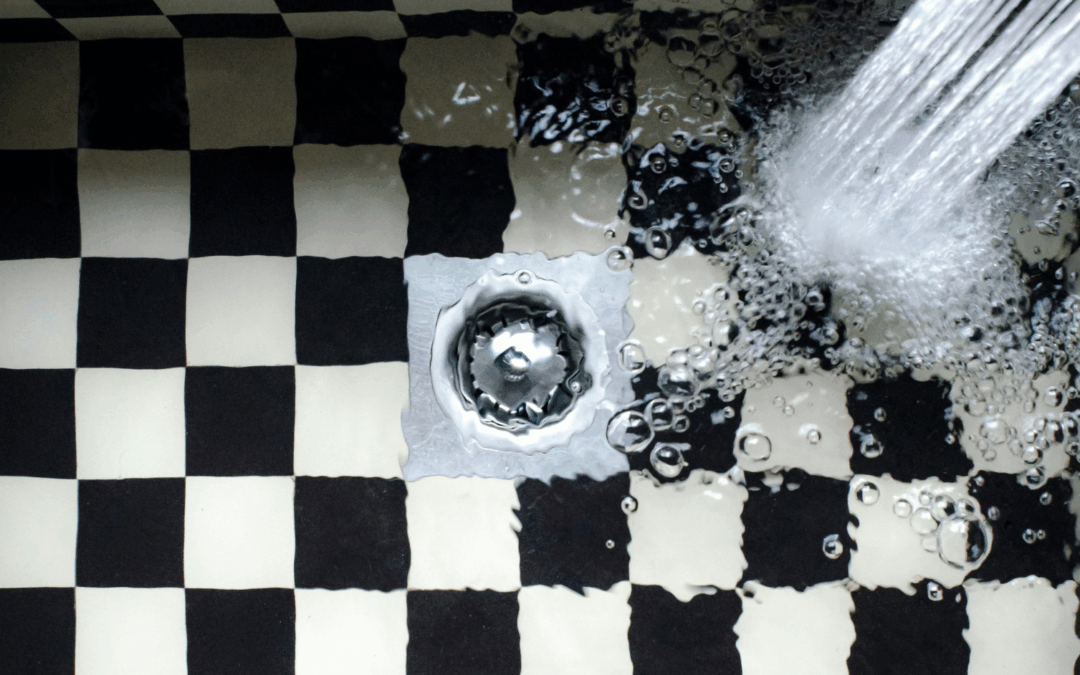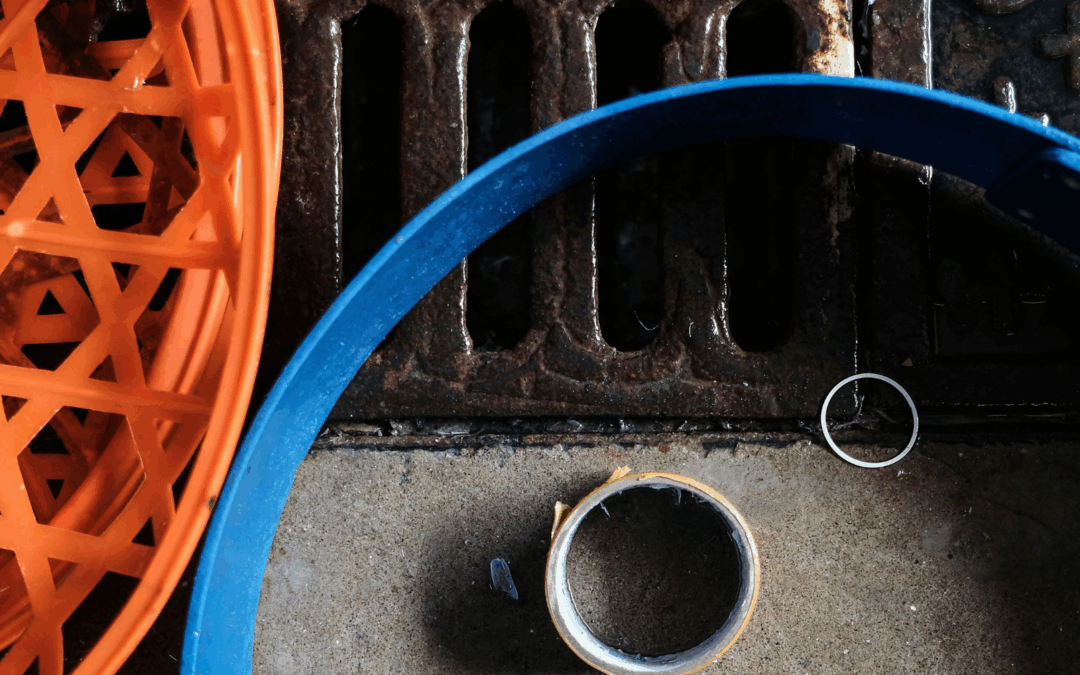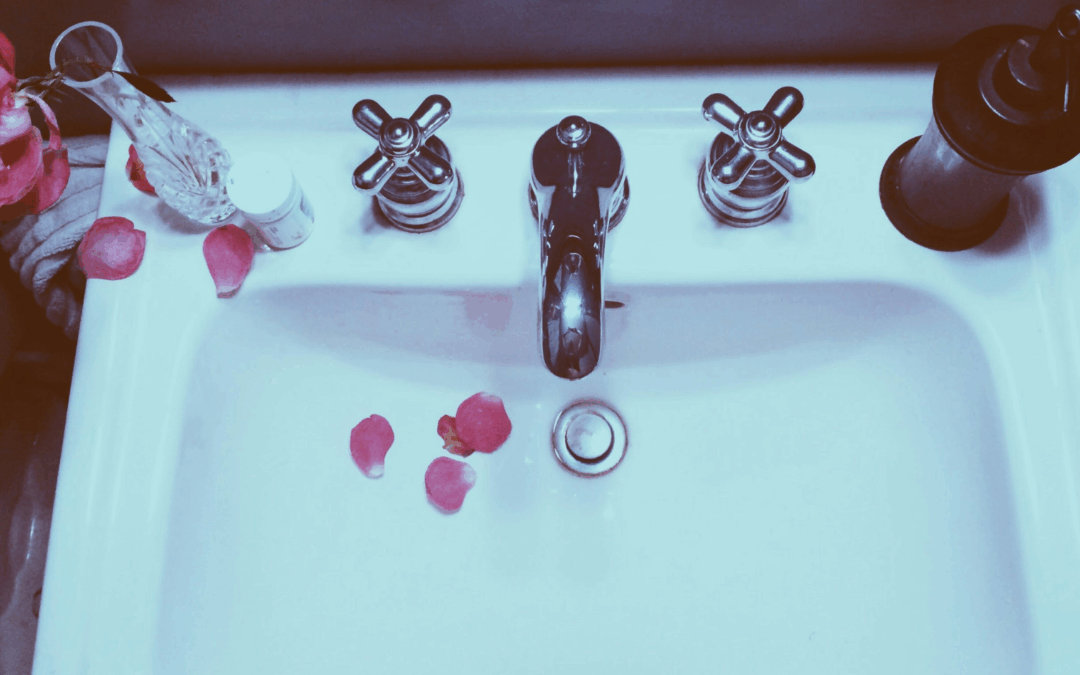If your hot water heater isn’t working like it used to, don’t worry – you’re not alone. A lot of people have problems with their hot water heaters, and most of the time, they can be fixed without too much trouble.
This blog post will walk you through a step-by-step guide on hot water heater repair. We’ll also discuss some of the most common issues people have with their water heaters and how to prevent them from happening. So whether you’re having problems with your current hot water heater or just looking to prepare yourself for if/when something goes wrong, keep reading!
What Is Hot Water Heater?

Schedule Service Online
Get a free estimate so you know what you're signing up for
"*" indicates required fields
For Emergency Services Call: 410-255-9300
A hot water heater is an appliance that heats water and stores it in a tank. It can be powered by electricity, gas, or water pressure. The water is heated to a certain temperature and stored in the tank until it’s needed. When you turn on your hot water tap, the water from the tank will flow through the pipes and into your sink or shower.
A hot water heater has two main components – a thermostat and an electric element or gas burner. When you turn on your water taps, the thermostat will detect the water temperature and activate either the electric element or gas burner to heat the water. Once the water is heated to the desired temperature, it will be stored in the hot water tank until you turn on your water taps again.
Types Of Water Heaters

Different types of water heaters are available, depending on the fuel used to power them. These include gas water heater, electric water heater, and solar water heater.
Gas Water Heater: These gas heaters use natural gas or propane to power the burner. They are usually more efficient and cost-effective than electric water heaters, but they can require more maintenance.
Electric Hot Water Heater: An electric heater uses an electric element to generate heat. They’re generally less expensive than gas water heaters, but they also use more electricity and are less efficient.
Each has its own advantages and disadvantages, so it’s important to do your research before making a purchase.
Hot Water Heater Repair

When it comes to hot water repair, there are a few things you can do yourself. Before you start any repairs, make sure to turn off the power or gas supply to your water heater and wear protective equipment (gloves, goggles, etc.) It’s also a good idea to check the manufacturer’s instructions or contact a professional.
Tools For Repairing Your Hot Water Heater:

When attempting to fix your water heater yourself, there are some basic tools that you’ll need. These includes:
-Adjustable wrench
-Screwdriver
-Pliers
-Voltmeter
-Safety glasses
-Multimeter
-Hose
-Pipe tap
Steps To Repairing Your Water Heater

Turn Off Your Water Heater’s Power Or Gas Supply
This is the most important step when attempting water heater repairs. Make sure to turn off your water heater’s power or gas supply before beginning any repairs.
Identify The Issue
The next step in repairing your water heater is to identify what the issue is. This can often be done simply by checking to see if water is coming out of the water heater’s pipes and taps, or by listening for strange noises from the water heater itself.
If there isn’t any water coming out, you may need to check for clogs or blockages in the pipes. If strange noises are coming from the water heater, it may indicate an issue with one of the components inside.
Inspect The Water Heater
Once you’ve identified the issue, the next step is to inspect your water heater. Look for any signs of corrosion or damage that may have caused the problem. If there are any corroded components, replace them as soon as possible.
Replace Any Faulty Parts
If there are any faulty parts in your water heater, you’ll need to replace them. This may require professional help if the part is complicated or dangerous. Sometimes, contacting a water heater repair service or manufacturer may be best for replacement parts.
- Check The Water Temperature – Check the water temperature from your water heater. If it’s too hot or cold, you may need to adjust the temperature setting on the water heater.
- Check The Water Pressure – Use a water pressure gauge to ensure your water pressure is within its normal limits. If it’s lower than usual, you may need to adjust the water pressure valve or replace the water supply pipe.
- Check For Water Leaks: Look around the water heater and check for signs of water leakage, such as puddles of water on the floor. If you do find a leak, turn off the water supply to the water heater and use a wrench to tighten any loose connections.
- Check The Electrical Wiring: Check all the electrical wiring on your water heater to ensure it’s securely connected and not frayed or damaged.
- Check The Igniter – If your water heater has a gas-powered burner, you’ll need to check the igniter to ensure it’s working properly.
- Test The Thermostat: Use a voltmeter to test the water heater’s thermostat. If it doesn’t read correctly, replace it with a new one.
Check For Cracks Or Rust
Look for any signs of cracking or rust on the water heater tank. If you find any, replacing the water heater is best, as these issues can’t be fixed.
Inspect The Heating Element
If your hot water heater isn’t producing hot water, you may need to check the heating element. Replace any broken or corroded elements and ensure they’re connected properly.
Clean The Water Tank And Filter
Make sure to clean out any sediment or dirt from your water heater tank and filter. This will help prevent future issues.
Test The Water Heater
Once all repairs and replacements have been made, you should test your water heater to ensure it’s working properly. Run hot water through the water heater and check for leaks or problems. If everything seems to be working correctly, then the repairs are complete!
Care For Your Water Heater
One of the most important steps in water heater repair is caring for your water heater. Regular maintenance, such as checking valves, connections, and pipes, can help keep your water heater running smoothly and avoid future problems.
Can You Repair Your Hot Water Heater By Yourself?
In most cases, yes! With some basic knowledge and a few tools, you can learn how to fix a hot water heater and carry out the repair yourself. However, depending on the complexity of the problem and the type of water heater you have, it may be best to call in a professional.
Professional water heater repair is always less expensive than water heater replacement, so if you’re not sure what to do, it’s best to contact an expert.
How To Know Your Heater Is Faulty?

Common signs that your water heater is faulty include:
Water That Is Too Hot Or Cold: This could mean that the water heater thermostat is not set correctly or needs to be replaced.
Not Enough Hot Water: If your water heater isn’t producing hot water, it could mean an issue with the heating elements or igniter.
Leaking Water: A water leak could indicate a faulty valve or connection or the water pressure is too high.
Strange Noises: If your water heater is making strange banging or popping noises, it could be a sign of sediment buildup or an issue with the heating elements.
Unusual Odors: If your water heater has a strange odor, it could indicate the presence of bacteria or mold in the water tank.
Rusty Water: If you notice rusty water coming from your hot water tap, this could mean corrosion inside the water heater tank.
How To Care For Your Water Heater To Avoid It Spoiling?

Regular water heater maintenance is key to keeping your water heater in good working order and avoiding costly repairs.
Check Water Pressure: Make sure that the water pressure entering your home is not too high. High water pressure can cause damage to water heaters and other plumbing fixtures.
Flush The Water Heater: Flushing your water heater regularly can help remove dirt and sediment that builds up over time. Make sure to refer to the manufacturer’s instructions for how often you should flush your water heater.
Insulate The Hot Water Pipes: Insulating your hot water pipes can help reduce the amount of energy used to heat water, which can help save money on your energy bills.
Replace Anode Rod: An Anode rod helps protect water heaters from corrosion, so make sure to replace them every 3-4 years.
Check Valves And Connections: Make sure all water heater valves and connections are tight and free from leaks.
Insulate Water Heater: Proper insulation can help reduce energy costs and keep your water heater running more efficiently.
Check The Thermostat: Ensure the water heater thermostat is set to the correct temperature for your needs.
Have An Annual Inspection: Having a water heater technician inspect your water heater once a year can help identify any issues early before they become major problems.
Lubricate The Water Tank: Make sure to lubricate the water tank periodically with a water tank lubricant. This will help prevent corrosion and ensure that your water heater is working properly.
Change Water Heater Filters: If your water heater has a filter, make sure to change it regularly. This will help keep your water cleaner and ensure that the water heater works optimally.
Conclusion

Keeping your water heater in good working order is essential for having hot water when you need it. Regular maintenance, such as checking water pressure, flushing the water tank, insulating pipes, and replacing anode rods can help keep your water heater running smoothly and avoid future problems.
If you suspect that there may be an issue with your water heater, it’s best to contact a water heater repair expert for assistance. With proper care and maintenance, you can keep your water heater working properly for many years.
MD Sewer and Plumbing offers water heater repair services for all types of water heaters. Our experienced technicians are trained to diagnose and fix any water heater problem, from plumbing leaks to thermostat issues. We use only the highest quality parts and materials when repairing water heaters and strive to provide excellent customer service.
Contact us today to learn more about our water heater repair services!




